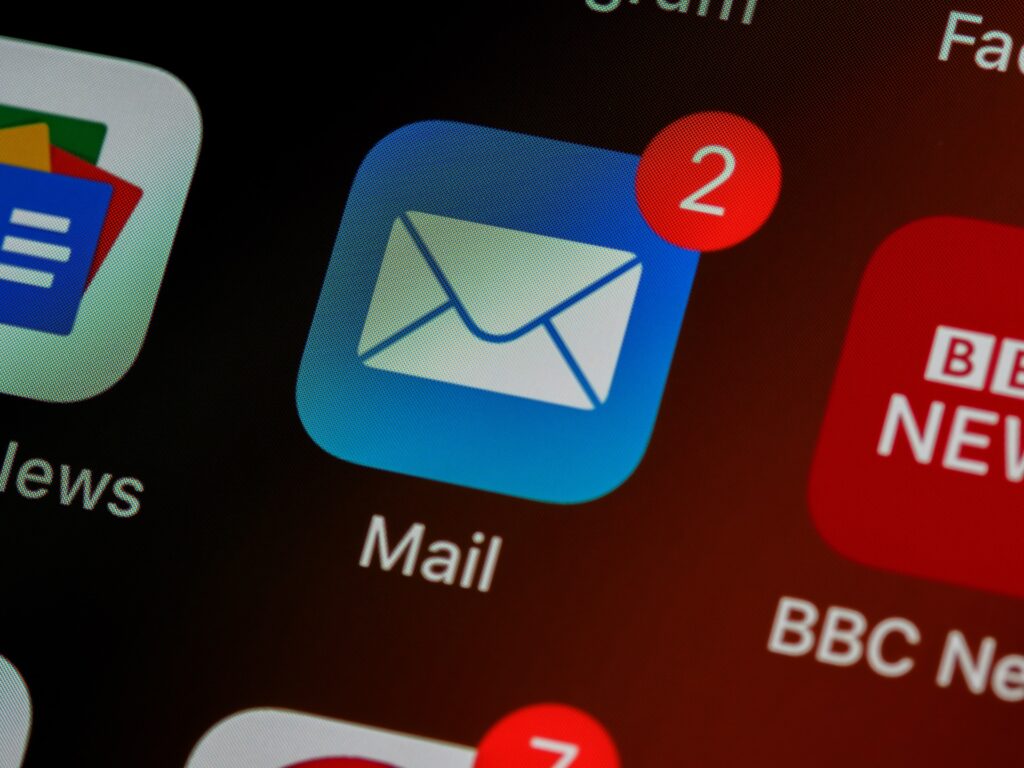Email Marketing: An In-Depth Overview and its Importance
In the digital age, where communication is primarily conducted electronically, email marketing has emerged as a crucial component of a company’s overall marketing strategy. This powerful tool allows businesses to connect with their audience, build relationships, and drive conversions through personalized email campaigns. In this comprehensive guide, we will delve into what email marketing is, its various elements, and why it holds immense importance in today’s marketing landscape.
What is Email Marketing?
Email marketing is a digital marketing strategy that involves sending targeted and personalized emails to a group of recipients with the goal of achieving specific business objectives. These objectives can vary widely and may include promoting products or services, building brand awareness, nurturing leads, driving website traffic, or retaining existing customers. The key to effective email marketing lies in delivering relevant content to the right people at the right time.
Key Elements of Email Marketing
To understand email marketing fully, it’s essential to explore its key elements, which encompass strategy, content, and execution:
1. Email List Building:
A successful email marketing campaign begins with a well-maintained email list. Building a list of subscribers who have voluntarily opted in to receive your emails is crucial. This can be done through sign-up forms on your website, social media, or other lead generation methods.
2. Segmentation:
Not all subscribers are the same. By segmenting your email list, you may put members into different categories according to details like their demographics, past purchases, or level of participation. This enables you to send highly targeted and relevant content to different segments, increasing the likelihood of engagement and conversions.
3. Content Creation:
Compelling and valuable content is the heart of email marketing. Your emails should provide recipients with relevant information, offers, or entertainment. Content can include newsletters, product announcements, blog updates, and more. The aim is to keep your audience engaged and interested in what you have to offer.
4. Personalization:
Email marketing relies heavily on personalization. It entails adjusting the content of emails sent to specific recipients based on their preferences and actions. Personalized emails tend to have higher open and click-through rates, as they make recipients feel valued and understood.
5. Design and Layout:
The visual appeal of your emails matters. A well-designed email with a clear layout, compelling visuals, and a mobile-responsive design is more likely to grab the recipient’s attention and encourage them to take action.
6. Automation:
Automation allows you to send emails at specific times or triggered by user actions. This includes welcome emails, follow-up emails, and cart abandonment reminders. Automation helps in nurturing leads and maintaining consistent communication with your audience.
7. Testing and Optimization:
Email marketing is an iterative process. Regularly testing different elements, such as subject lines, content, and sending times, and analyzing the results is crucial for optimizing your campaigns and achieving better results over time.
8. Analytics and Tracking:
Measuring the success of your email campaigns is essential. Analytics tools provide insights into open rates, click-through rates, conversion rates, and other key metrics. These data points help you assess the effectiveness of your campaigns and make data-driven decisions for improvement.
Why is Email Marketing Important?
Email marketing has retained its significance in the ever-evolving digital marketing landscape for several compelling reasons:
1. Direct and Personal:
You can directly address your audience using email marketing. Unlike social media, where algorithms can limit your reach, email gives you a direct line of communication with your subscribers. It’s a one-on-one conversation that feels personal and can build trust over time.
2. High ROI:
A good return on investment (ROI) is consistently achieved with email marketing. According to numerous studies, the ROI for email marketing is among the highest of all digital marketing channels. With proper planning and execution, email campaigns can deliver a significant revenue boost for businesses.
3. Targeted and Segmented:
Email marketing enables precise targeting and segmentation. You can send tailored messages to specific segments of your audience based on their interests, behavior, or demographics. This personalisation makes your emails more pertinent and raises engagement levels.
4. Automation and Scalability:
Email marketing can be automated to a large extent. This means you can set up automated email sequences that nurture leads, welcome new subscribers, or re-engage dormant customers. Automation allows for scalability, as you can maintain consistent communication with a growing subscriber base without overwhelming your team.
5. Customer Retention:
Email is an effective tool for customer retention. It allows you to keep existing customers engaged, informed about new products or services, and incentivized to make repeat purchases. Loyal customers often generate a significant portion of a company’s revenue.
6. Measurable Results:
Email marketing provides in-depth analytics and tracking capabilities. This means you can measure the performance of each campaign, identify what works, and make data-driven improvements. The results improve over time as a result of this ongoing optimization.
7. Cost-Effective:
Email marketing is less expensive than conventional advertising techniques. There are no printing or postage costs, and email marketing platforms offer affordable solutions for businesses of all sizes. Small firms with tight budgets might use it because of this.
8. Enhances Brand Awareness:
Regularly appearing in your subscribers’ inboxes reinforces your brand and keeps it top of mind. Consistent email communication helps build brand awareness and trust, which are crucial for long-term success.
9. Integration with Other Marketing Channels:
Other marketing channels can be enhanced and integrated with email marketing. For example, you can use email to promote your social media profiles, share blog content, or announce upcoming events. This synergy amplifies your overall marketing efforts.
10. Global Reach:
Email marketing knows no geographical boundaries. You can reach a global audience with your email campaigns, making it an ideal tool for businesses aiming to expand their reach beyond local markets.
Best Practices in Email Marketing
To maximize the benefits of email marketing, it’s essential to follow best practices:
1. Permission-Based Marketing:
Prior to including a person on your email list, always get their express permission. Sending unsolicited emails can damage your reputation and lead to legal issues.
2. Mobile Optimization:
With the majority of email opens happening on mobile devices, ensure that your emails are mobile-responsive and display correctly on various screen sizes.
3. Clear Call to Action (CTA):
Make sure your emails have a clear and compelling CTA that guides recipients on the desired action, whether it’s making a purchase, downloading a resource, or subscribing to a newsletter.
4. A/B Testing:
Continuously test different elements of your emails to understand what resonates with your audience. Test subject lines, content, visuals, and CTAs to optimize performance.
5. Segmentation and Personalization:
Segment your email list based on relevant criteria and personalize your emails to cater to each segment’s preferences and needs.
6. Consistency:
Create a regular sending schedule to keep your audience interested. However, refrain from bombarding them with emails.
7. Data Privacy:
Comply with data privacy regulations, such as GDPR and CCPA, by ensuring you have proper consent mechanisms and transparent privacy policies.
8. Monitoring and Analysis:
Regularly monitor the performance of your email campaigns and use analytics to gain insights. Use these insights to refine your strategies.
9. List Hygiene:
Periodically clean your email list to remove inactive or bounced email addresses. This ensures that you’re sending emails to engaged recipients and maintains a healthy sender reputation.
10. Engagement Tracking:
Pay attention to engagement metrics like open rates and click-through rates. High engagement indicates that your content is resonating with your audience.
Conclusion
Email marketing remains a vital tool for businesses in the digital age. It offers a direct, cost-effective, and highly personalized way to connect with customers and prospects. When executed strategically and in adherence to best practices, email marketing can drive significant ROI, enhance brand awareness, and foster long-term customer relationships. As technology continues to evolve, email marketing will adapt and continue to play a central role in the marketing strategies of businesses across various industries.



